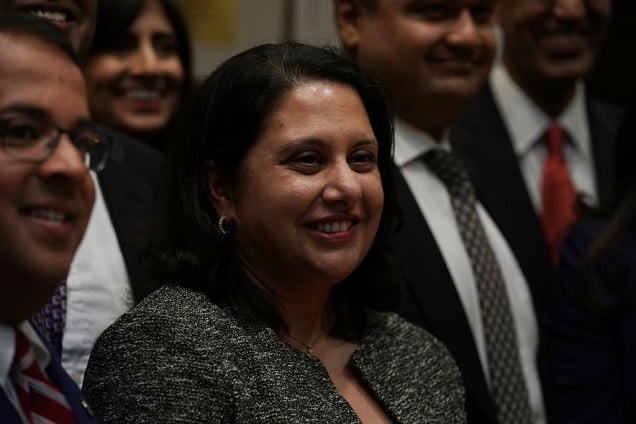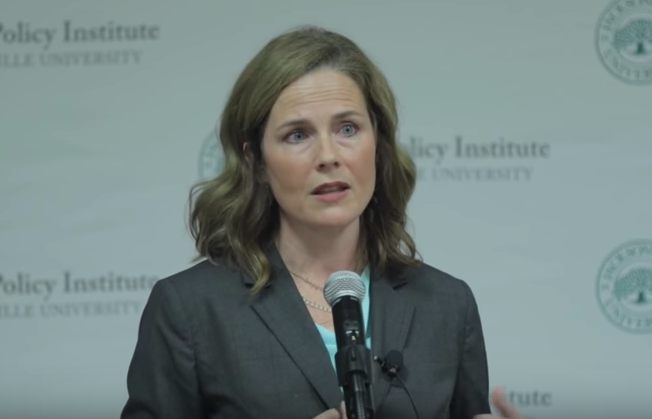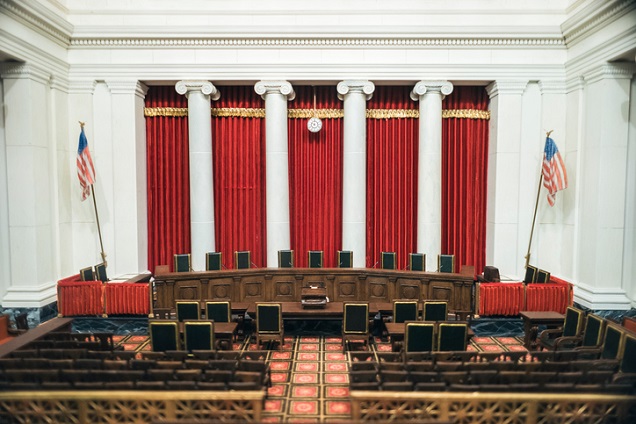
Non Sequiturs: 04.07.19
* Where does Justice Brett Kavanaugh fit along the ideological spectrum at the Supreme Court? Adam Feldman evaluates the evidence thus far. [Empirical SCOTUS] * Speaking of SCOTUS, Frank Pasquale takes Neal Devins and Lawrence Baum's new book, The Company They Keep: How Partisan Divisions Came to the Supreme Court (affiliate link), as a jumping-off point for exploring the political polarization of SCOTUS. [Balkinization] * Texas v. Azar, the Obamacare case now pending before the Fifth Circuit, makes for unusual alliances -- how often do you see Jonathan Adler, Nick Bagley, Abbe Gluck, and Ilya Somin on the same amicus brief? [Take Care] * David Bernstein offers some thoughtful reflections -- with which I happen to agree -- on how some conservatives responded to the nominations of Neomi Rao and Jessie Liu. [Volokh Conspiracy / Reason] * Joel Cohen has a question about Robert Mueller: “What did he know, and when did he know it?” [The Hill] * And Cohen also has this interesting interview with Justice David Wecht of the Pennsylvania Supreme Court, about an important (and disturbing) subject: the recent rise in anti-Semitism, in America and abroad. [Tablet] * If you share my interest in litigation finance, then you might be interested in this great new resource: a comprehensive digital library of documents relating to the litigation-funding industry. [Litigation Finance Journal] * What trends and technology will shape the future of the legal profession? Jean O'Grady discusses highlights from a new report by Wolters Kluwer. [Dewey B Strategic]
















